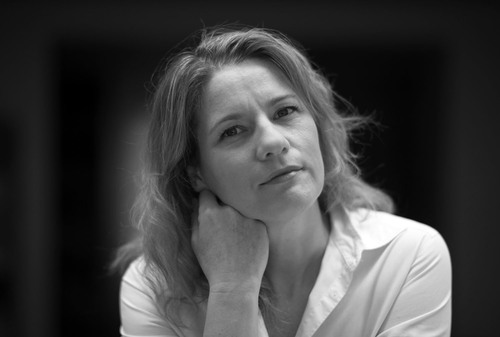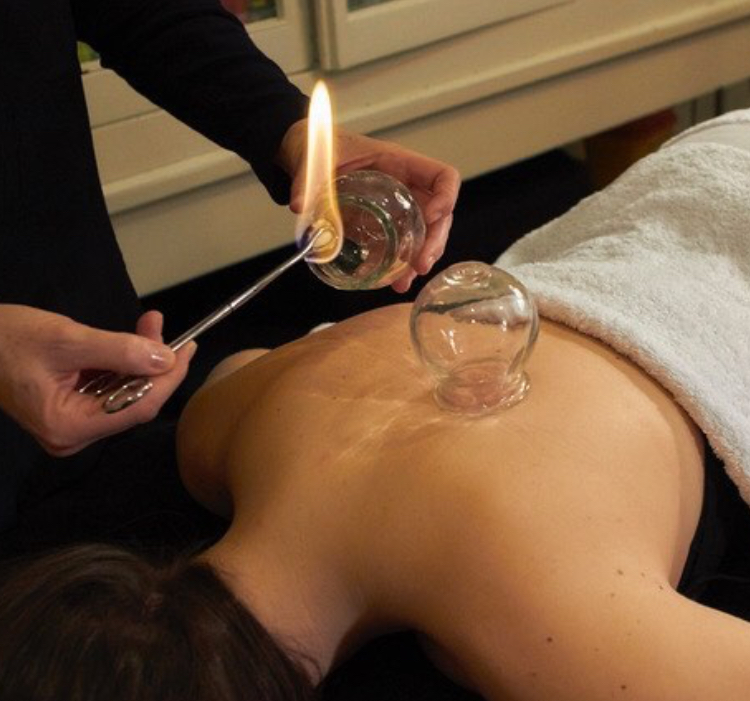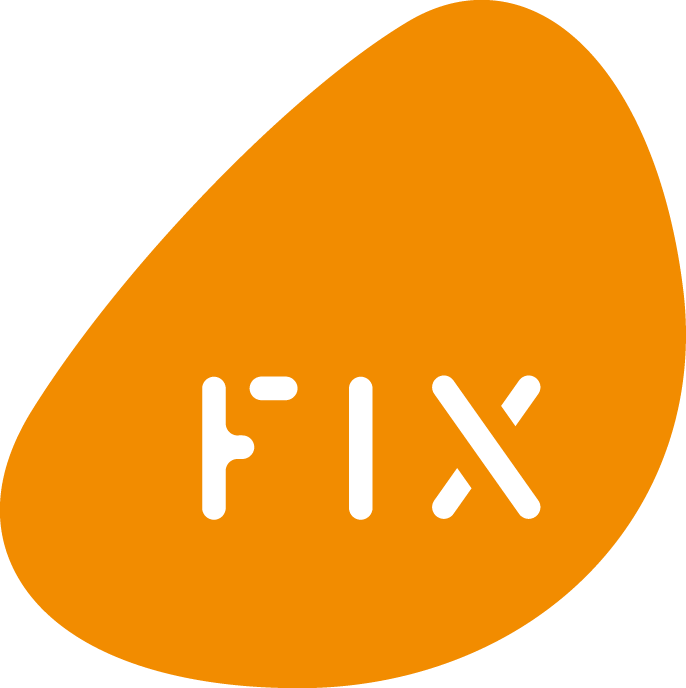ACUPUNCTURIST CRISTINA BETTO TALKS ABOUT HER WORK, HER INSPIRATIONS AND WHAT SHE WISHES PEOPLE KNEW ABOUT ACUPUNCTURE.
How did you first become interested in studying Acupuncture?
15 years ago I was experiencing frequent sinus infections accompanied with a persistent blocked nose. Nothing helped and nasal sprays were causing more damage; nose bleeds, nasal irritation etc.
Running out of options and feeling hopeless, I turned to Acupuncture. After just 5 weeks of regular treatments I cured and my sinuses have never bothered me again!
Following this transformative experience, I carried on getting regular Acupuncture as I found that my stress levels reduced enormously! At that time I was working as a TV Producer and running a few productions at once with crazy deadlines. I realized how much Acupuncture was helping to keep me calm and how much it improved my sleeping pattern. My fascination for Chinese Medicine grew and I decided to quit my life long profession in television to embark in a degree in Acupuncture.
What, today, keeps you excited about Acupuncture?

Acupuncture is a lifetime of learning, an ongoing journey that is constantly changing. I’ve done multiple advanced trainings over the years that keep my knowledge fresh and up to date. Most recently, I’ve been incorporating a new technique call Motor Point Acupuncture.
More than anything, I love connecting with people. Each person is so unique, with individual experiences, struggles and goals. I believe it’s incredibly important to listen to each patient to develop trust and honest communication and help guide them through their healing process. I want to help people feel empowered and give them information, so that they can make educated choices about how they manage their health and well being on their own terms.
I find when people begin to feel improvement, they then begin to feel hope for a new reality and there’s a momentum that develops when someone feels hopeful! Hope keeps people motivated to continue treatments and this hold huge potential for deep, long term healing.
How does Eastern medicine philosophy differ from Western medicine?
I find that western medicine focuses on treating the symptoms without addressing the root cause of the issue.
Eastern medicine is concerned with treating the whole person. All the symptoms, even the ones that may seem related to the primary complaint, are taken into account. Along with: lifestyle, diet and daily stressors. It’s a very holistic approach and relies on the bond between mind and body

Needles intimidate a lot of people, what would you say to people who may be feeling nervous?
The fear of needles is one of the biggest hurdles acupuncturists strive to help their clients overcome. Some people are nervous around needles; I never push anyone into using them unless they feel comfortable, confident and ready to do so.
However, acupuncture needles are ultra thin compared to hypodermic needles, which makes for a completely different experience.
I take great care in needling gently and quickly. Once the needles are in clients may experience what we call a ‘di qi sensation’ – a feeling of fullness, distention, tingling, warmth or movement around the needles. It can be a little surprising the first time someone feels it but that sensation is one of the indicators that the needling is doing it’s job.
What if I don’t have any health problems, can Acupuncture enhance my health or prevent future problems?
Yes! Acupuncture has traditionally been used as a preventative medicine. Recent research has now verified that Acupuncture stimulates immune function, which increases resistance to bacterial and viral infections.
Acupuncture can dramatically increase overall vitality and energy. It treats underlying causes, resulting in a deeper kind of healing. It brings about profound changes in people’s lives on an emotional level as well as physical.

What is one myth about Acupuncture you wish would go away?
I wish that people understood that Acupuncture isn’t just ‘hocus pocus’ or just a placebo. In fact, it is a scientific based medicine with a history of more than 2000 years.
Research into Acupuncture as a medical treatment has grown exponentially in the past 20 years, increasing at twice the rate of research into conventional biomedicine. A wide variety of clinical areas have been studies, including pain, cancer, pregnancy, mood disorders, strokes, sleep disorders and inflammation to name a few and many of those studies have shown Acupuncture’s effectiveness in the hands of a well-trained practitioner.
Can you give us some tips on how to get the most from Acupuncture treatments?
I would start by making a list of all your symptoms and major life events before coming into your appointment. The more information you can give your practitioner upfront, the better they can tailor the treatment to your needs.
Wear loose and comfortable clothing.
Turn off technology! Your treatment time is one of the only moments you get to shut the world out and focus on yourself.
Avoid caffeine and alcohol before and after your treatment.
And get regular treatments. Some issues respond more noticeably to weekly treatments. Other times you might only need to go once every month or so for a ‘tune up’.
0 Likes
